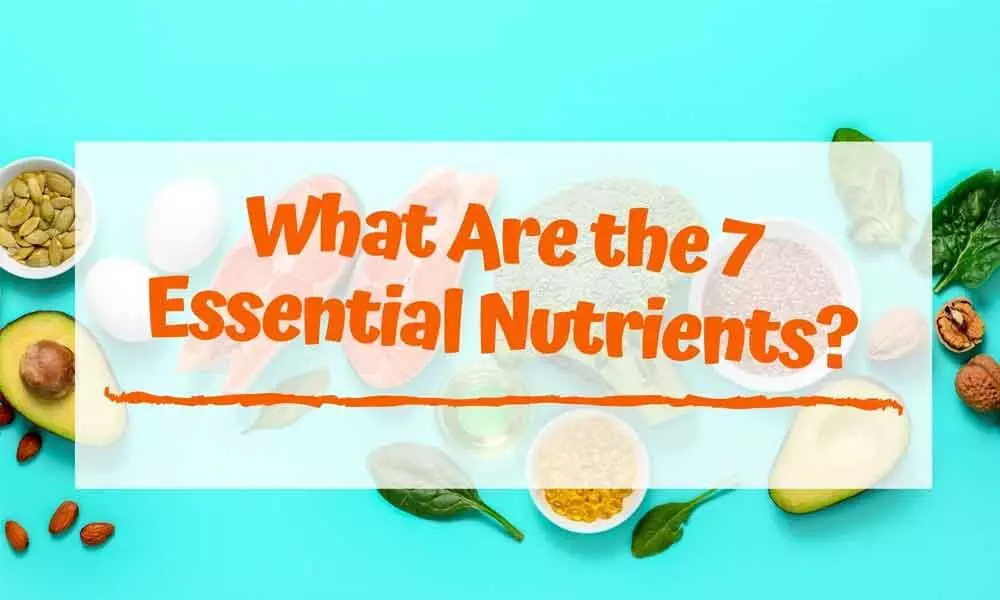Live
- Reluctant Rahul Gandhi finally steps in Raebareli to keep family flag high
- Cong ka haath, desh ke dushmano ke saath, says UP CM Yogi
- WhatsApp Update: WhatsApp Enhances Chat Filters for Better Storage Management
- 5 Devices to Keep Kids Safe and Entertained during Summer Vacation
- Hardik stands 'head and shoulders above' anyone as fast-bowling all-rounder in T20 WC: Tom Moody
- Another hostage in the Gaza Strip has died: Israel
- Gujarat Congress slams BJP for 'unethical practices' amid election season
- High BP in childhood may raise risk of heart attack, stroke later by 4x: Study
- T20 WC: 'It's got to do with the balance of the team', says Moody on Rinku’s omission from India squad
- Why PM Modi is loved by leaders across party lines, ex-BJD MP shares personal experience









